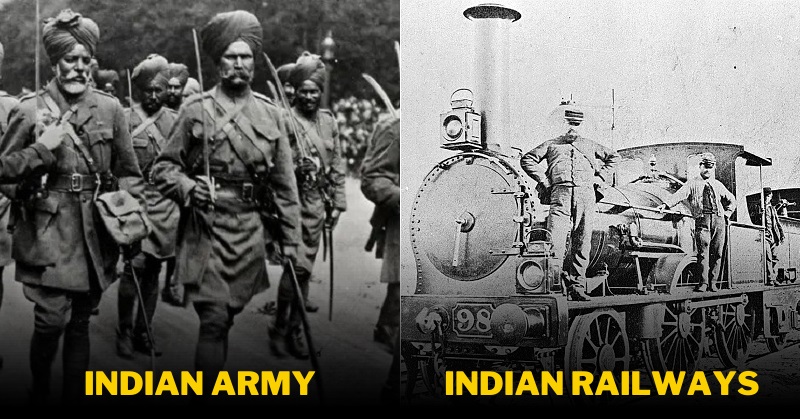
When we remember the Colonial Era of the India ruled under East India Company, we are reminded of the atrocities committed on native Indians by the British. Our blood boils and our hearts are filled with rage. However, if you walk the Indian cities, you will come across many remnants of East India Company around that are actually good.
Keeping the downright violations of Human Right by the East India Company aside, there are many good things that British actually did for the country. Let’s have a look what they are.
ADVERTISEMENT
1. English Language
East India Company taught English to the Indians employed in the government to have an ease of administration. This is how English language made inroads in the Indian culture that was strewn with too many regional dialects. To be honest, English language did open many doors of opportunities for India.
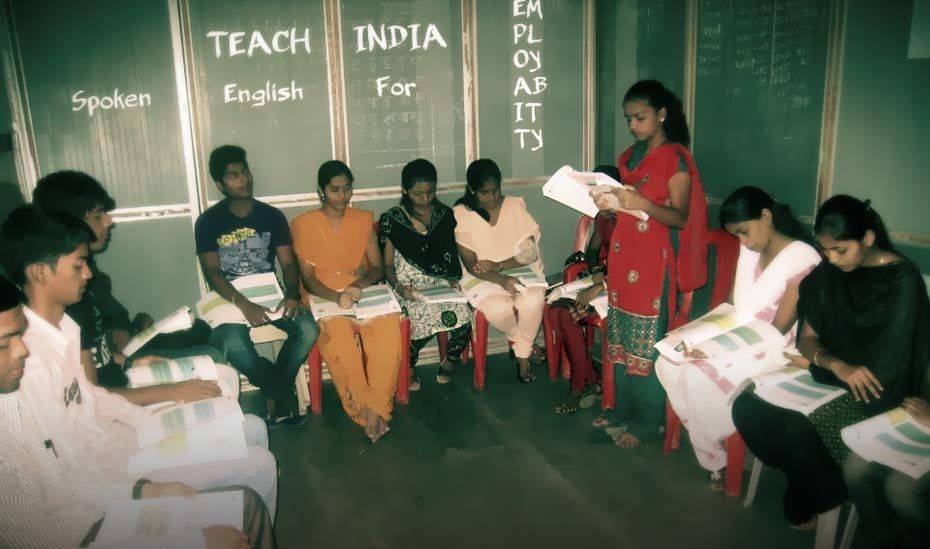
2. Indian Railways
Did you know that it was the British that established the rail network in India? This is why most of the railway stations in India are built according to the British architecture. The complex network of Indian Railways were mapped by the East India Company to ferry goods and their VIPs from one place to another in the country.
India’s first train ran on April 16 in the year 1853 from Bombay (Mumbai) to Thane for around 34 kilometres.
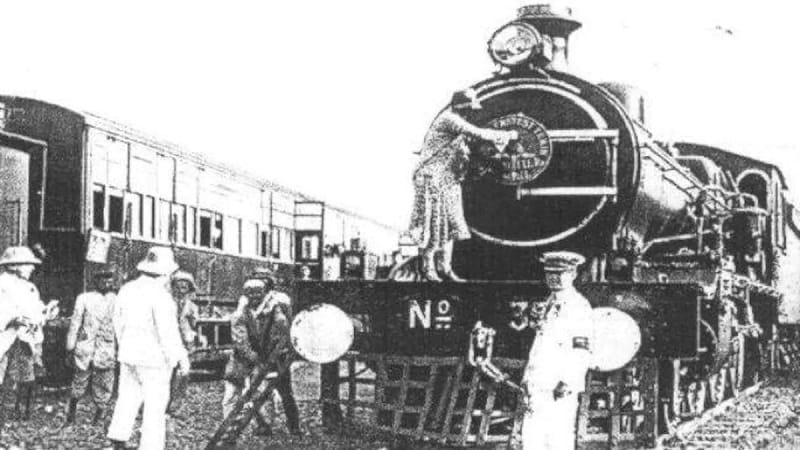
3. Indian Army
The fourth-most powerful Army in the world, Indian Army is the work of British East India Company. It was formed during the British Era. The culture, practices and routines in the Indian Army are still reminiscent of the East India Company.
ADVERTISEMENT
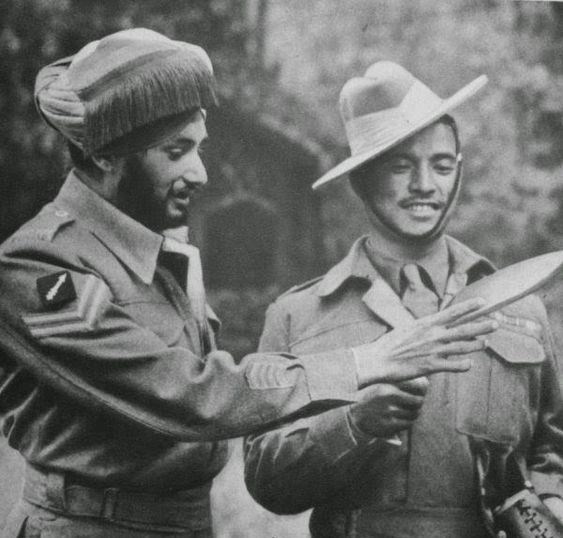
4. Vaccines
India was oblivious to vaccines before the Britishers. During the 19th and 20th century when Small Pox was rampant in India, British government passed a Compulsory Vaccination Act in 1892 to prevent the disease. Sanitary Commissioners were also deployed to check the spread of the disease.
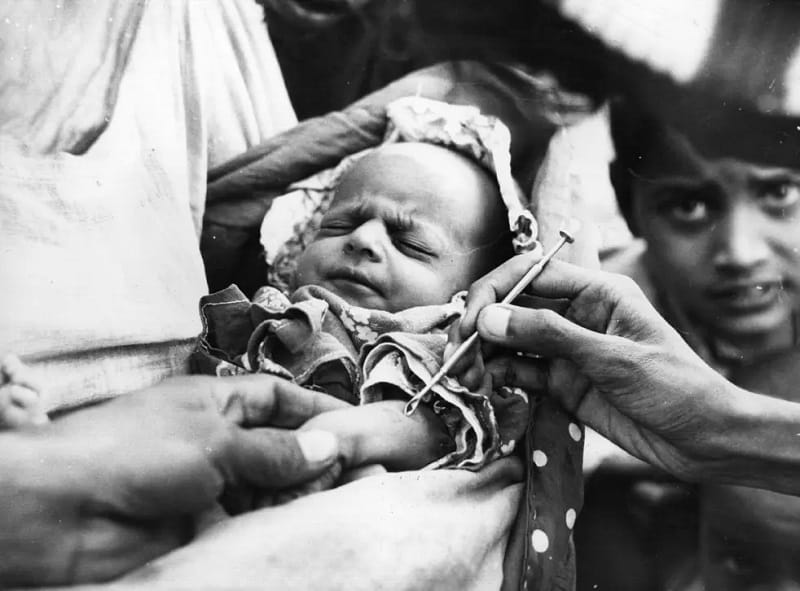
5. Social Reforms
Britishers were actually responsible for abolishment of many archaic practices by Indians. They abolished social reforms like Sati, Child Marriage, Untouchability, etc. to great extent. They even promoted widow remarriage to rehabilitate women who lost their husbands at young age. Renowned social reformer Raja Ram Mohan Roy supported British in this regard.
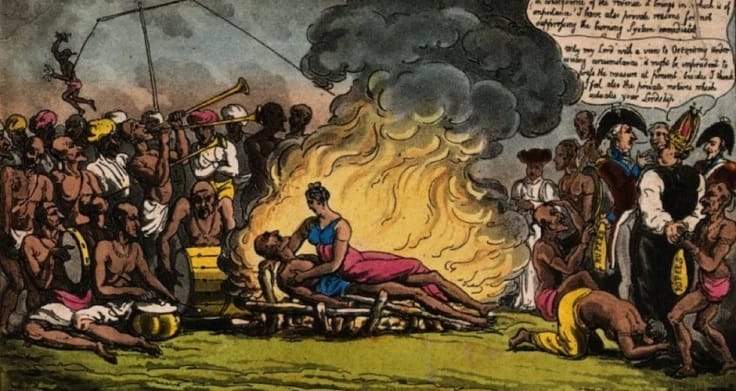
6. Census
The population of India was never counted before 1871. The British started Census in India to count the population in every 10 years, starting 1871. They used to collect statistical data like age, gender, religion, caste, education and population every 10 years. As of 2011, the census has been conducted 15 times ever since then.
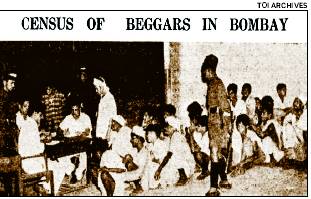
7. Surveys
The Geographical Survey of India was set up by the Britishers in 1851. The institute was founded to survey villages, cities and create a map of India. Many places still use the same map create by the Britishers. They introduced many advanced equipment to survey India across its length and breadth.
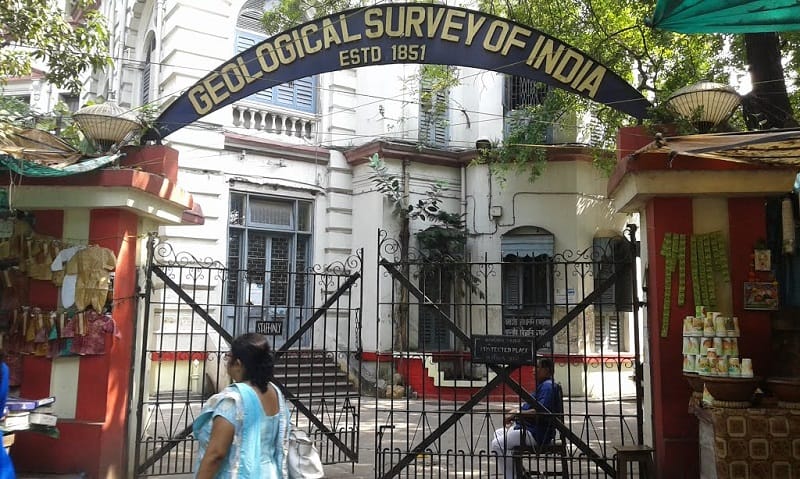
Also read: 8 Valuable Things The British Stole From India And The World
ADVERTISEMENT
ADVERTISEMENT











